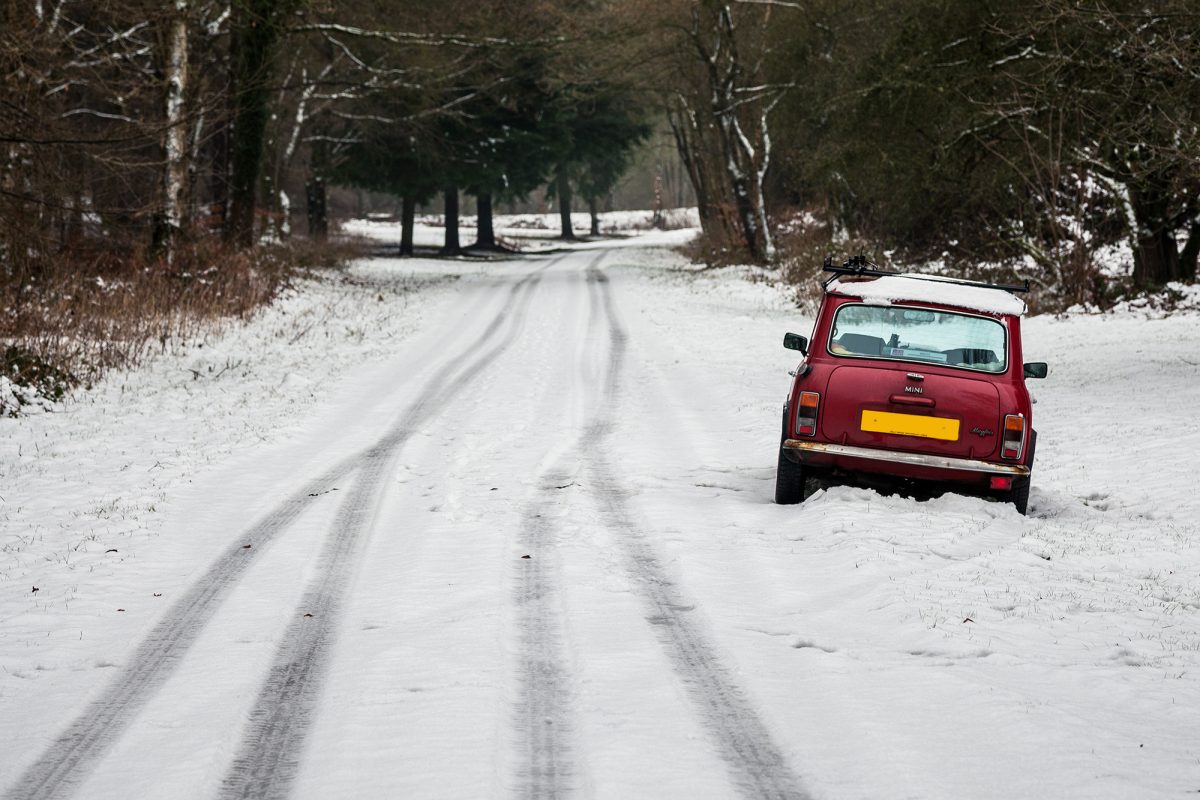Yes, it absolutely is, and driving is such an important part of everyday life, both personally and professionally, that when you run a small business, you do have to take it into account.
Your reputation can be negatively affected by your car/van/lorry or your team driving your cars/vans/lorries. It’s all part of public relations or PR.
In fact, I’d say it’s more important than it’s ever been because these days people can call you out on social media as being “good” or “bad,” and also they often have dash cams (front and back), and footage can also be good and bad.
What Does Everyday Bad News Look Like in the US?
In the UK, some of the most common gripes on social media (on the letters pages of newspapers back in the day) were around dog poop, parking and driving. I’m making a mental leap that this is also common in the US.
In the UK, nothing gets us moaning and groaning more than the person who doesn’t pick up their dog’s mess or who parks badly and blocks us in. Even worse, we hate those who drive badly, cutting us up, switching lanes without signaling, undertaking, or driving too fast or too slow. It’s a minefield. (We can also grumble a lot about the weather.)
Imagine the driver who almost hit your car this morning, or the driver who rode your bumper today or cut you off by swerving into your lane unexpectedly, causing you to do an emergency stop. Now imagine that driver is driving a van with a company name on it, a website, possibly an email, or a phone number. You can actually put a name to that behaviour — what would you do? What have you done?
How would you feel if you got a phone call from a random person complaining about the driving behaviour of one of your staff? How would you handle that?
What would you do if you saw a post on social media doing the rounds in your community about bad parking, and you saw a picture of a vehicle with your branding on it?
Do You Think These Things Damage Your Reputation or Not?
Believe me, they do. They are damaging because people are emotional and personal on social media, and in most buying decisions. Therefore, it may not matter that you have the best product or service in the world, if one of your drivers has angered a would-be customer and that’s not handled well, then they will not buy from you now or in the future, and they may well tell others about you too. For them, it won’t matter how good your service or product is — they will never buy.
Never ever underestimate the power of one person speaking in public, negatively, about your brand.
Let’s Talk PR Examples
The best way to illustrate this is to share some examples that I’ve had to deal with around bad driving and clients.
The company boss, who had been caught speeding and banned several times, would not agree to not drive the company’s branded vehicles around. I sacked this client because he would not see that his behaviour not only negatively affected the brand, but also negatively affected his team. They did not want to be in a vehicle with him, and they were ashamed of his behaviour on the road.
The company where an employee used a van in his own time and then crashed it into a garden while under the influence of alcohol. The police were called, and a court case ensued. He was sacked.
The company where the boss wanted me to stop the media locally from running a picture of their branded van, which an employee had also crashed while under the influence of alcohol, that had been taken at the scene. They felt it was unfair. However, the picture was taken from a public road by a newspaper photographer and, in law, they were perfectly entitled to use it for every story. That means when it happened, for every subsequent court hearing, so at least three times. I can offer crisis management support — I don’t offer “making the crisis miraculously disappear support.”

The company, which wanted me to stop the UK national press running dash cam footage of their driver cutting up another driver and then running a red light, in a branded minibus which carried disabled and vulnerable passengers.
How Do You Avoid Such a Crisis in PR?
You have to think ahead and be honest about your driving behaviour and your vehicle. Here are a few tips:
If you have flashy, high-value cars, be aware that your customers will make personal judgments and may feel that your flashy car is being paid for by them (that may be rubbish, but it won’t matter). I had a client where they lost a big contract because of that. Consider, does my car fit my sector and my space? If you are working with high-net-worth individuals or big companies, it might fit.
If you drive a rusty old banger that looks a mess, that can have a negative effect too. Will a potential customer look at it and think, “if they can’t keep their car nice and tidy, what else are they untidy about?” and you can lose a sale. Be honest, is your car a rusty old bucket which needs an upgrade? What is it saying about you?
Don’t drive a branded vehicle at all if you know you are a driver who gets “done” for speeding repeatedly. Chances are you won’t change, and that’s damaging.
If you have a team, put a policy around driving in their employee handbook and ensure they stick to it. This should include no speeding, no rude gestures, no illegal or bad parking, etc. If your team has to drive overseas, make sure you also adapt those policies to include overseas driving rules and regulations, which may be very different.
If you do get caught out, then admit, apologise, and act. Admit if you or your employee was at fault, apologise, and then explain what steps to take to put things right or to redress the balance. If you are caught in something where you are not at fault, then you acknowledge showing caring and empathy.
Otherwise, happy driving!








